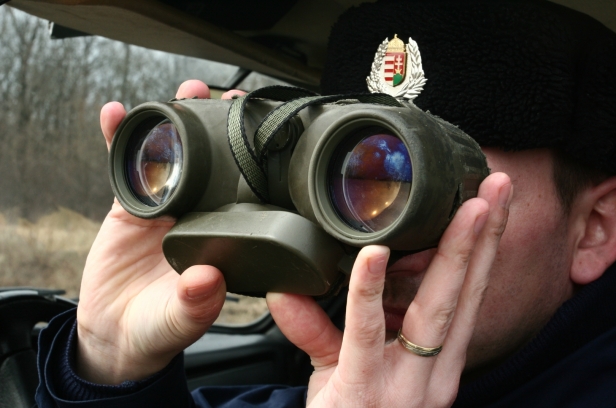This article has been published originally on Russia Today.
Bulgaria has apparently changed its mind again on the energy project to deliver Russian natural gas to Southern Europe. According to Bulgarian Prime Minister Boiko Borisov, Moscow and Sofia could restart the South Stream negotiations.
The Prime Minister said the two countries will create working groups to restore energy cooperation. Among other projects on the table is the Belene nuclear power plant, suspended in 2009.
Brussels opposed the South Stream pipeline, claiming the project violated the European Union’s Third Energy Package. The ruling stipulates that the same company, in this case Russia’s Gazprom, is forbidden to both provide and transport gas – which seems to not be a problem regarding the North Stream involving Germany, Ed. The pipeline was intended to transport gas from Russia under the Black Sea to Bulgaria, then to Serbia and Western Europe.
In June, Russian President Vladimir Putin said Moscow is still interested in the project, but Gazprom could not proceed due to EU roadblocks.
“How could we spend €9 billion just to have all this metal sink into the sea, without having secured the right to enter Bulgarian territory? But of course, as soon as we realized what was happening, we shut down any further work. We did not abandon the project, we were stopped from implementing it,” said Putin.
After Gazprom cancelled South Stream in December 2014, the company planned to reroute the pipeline through Turkey. The Turkish Stream project was also shelved late last year due to the conflict between Moscow and Ankara after Turkey shot down a Russian warplane in Syria. However, with the thaw in relations between the countries, the project may be given another life.
The renewed activity from Bulgaria is linked to €550 million in compensation to Russia for the cancelled Belene nuclear power plant.
In 2006, Bulgaria contracted Russia’s Rosatom to build two 1,000 megawatt reactors at Belene on the Danube River. The project was abandoned after failing to attract €10 billion in investments.
“The arbitration ruling in its essence says that [Bulgarian state energy firm] NEK and Atomstroyexport should sit together and decide whether they will build that reactor, whether they will sell it and be done with it,” said PM Borisov after the court decision.




